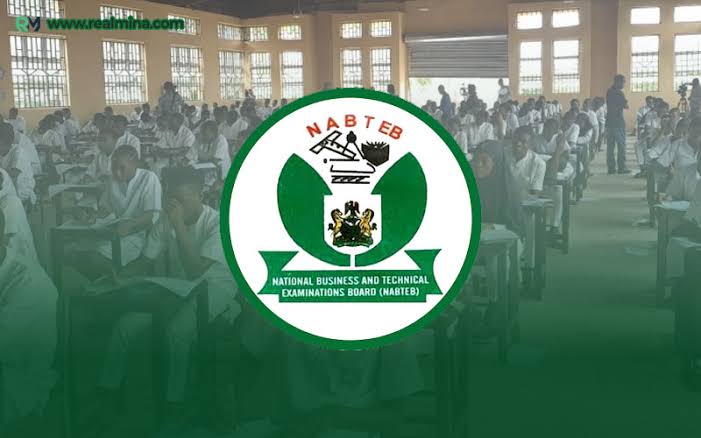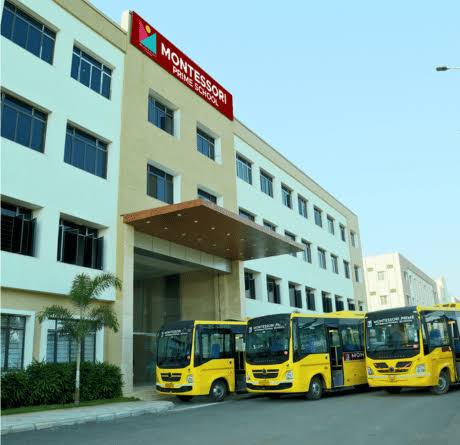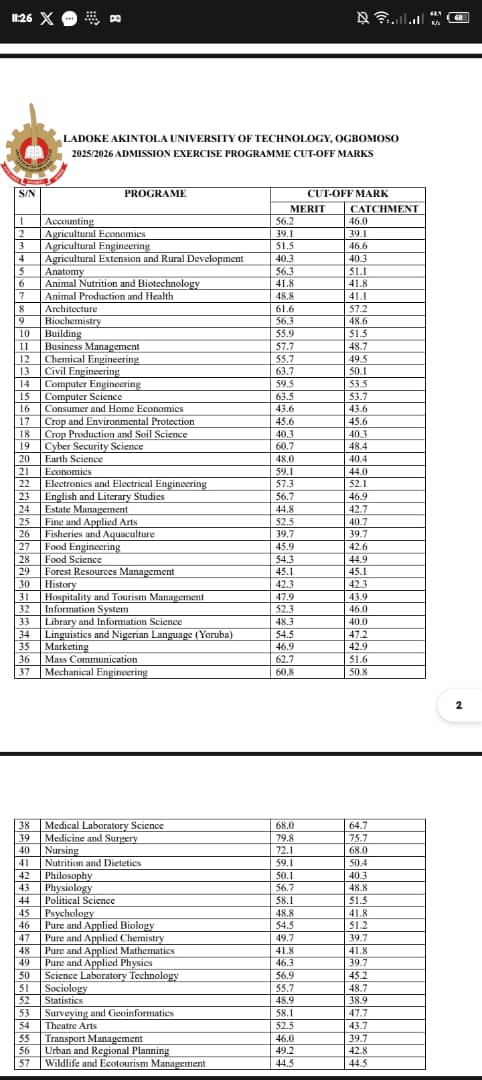The National Business and Technical Examinations Board (NABTEB) has embarked on a historic overhaul of the syllabi used in technical colleges across Nigeria. This move, the first of its kind in over 14 years, represents a bold step towards equipping Nigerian students, craftsmen, and artisans with skills that are relevant in today’s fast-changing global economy.
At a time when industries are evolving rapidly due to technological advancement, the review of these syllabi could not have come at a better moment. It underscores the Federal Government’s renewed commitment to ensuring that Nigeria’s technical and vocational education system remains competitive, practical, and aligned with 21st-century industry demands.
Why This Review Matters
For years, one of the biggest challenges facing Nigeria’s technical and vocational education sector has been the outdated nature of its curricula. Many technical colleges have continued to teach concepts and methods that are no longer applicable in the modern workplace.
By reviewing these syllabi, NABTEB is aiming to:
- Bridge the gap between classroom training and industry needs. Graduates from technical colleges will now have skills that employers truly require.
- Align Nigeria’s education system with global standards. Countries that thrive in industrial development often rely on strong technical education systems.
- Boost employability and self-reliance. With updated knowledge, artisans and craftsmen can either secure jobs or start their own businesses with confidence.
- Support national economic growth. A technically skilled workforce is essential for Nigeria’s industrialization and development goals.
Trades and Skills Under Review
The review covers 14 vital trade areas, each carefully selected to meet the demands of modern industries while also accommodating Nigeria’s unique economic landscape.
Below are the technical fields being reviewed and updated:
- Motor Vehicle Mechanics (021): To prepare students for the automobile industry, including diagnostics, modern vehicle electronics, and hybrid technologies.
- Electrical Installation (041): Focusing on safe wiring, smart home systems, and industrial electrical applications.
- Welding and Fabrication (051): To address modern construction and manufacturing needs, including precision welding.
- Mechanical Engineering Craft (068): Covering machinery maintenance and modern mechanical systems.
- Electronic System and Maintenance (071): Incorporating current consumer electronics and digital repair techniques.
- Refrigeration and Air Conditioning (081): With emphasis on energy-efficient and eco-friendly cooling systems.
- Computer and GSM Repairs (171): A critical trade in today’s tech-driven society, updated with mobile device technology and computer networking.
- Carpentry and Joinery (221): Infusing modern designs, furniture technology, and construction techniques.
- Bricklaying/Blocklaying and Concreting (212): With attention to contemporary construction standards.
- Plumbing and Pipe Fitting (261): Including modern water systems, sanitation, and irrigation technology.
- Cosmetology (311): Reflecting new trends in beauty, skincare, and hairdressing.
- Catering Craft (341): Covering culinary arts, food safety, and modern catering business management.
- Fashion Design (331): Merging creativity with modern fashion technology and entrepreneurial skills.
- Renewable Energy (625): A forward-thinking addition that focuses on solar, wind, and other clean energy systems.
Stakeholders Driving the Change
The review workshop, held in Abuja, brought together a panel of seasoned educators, policymakers, and industry experts. The presence of Dr. Yusuf Sununu, Minister of State for Education, emphasized the government’s seriousness about this reform.
Prof. Ifeoma Isiugo-Abanihe, Registrar of NABTEB, explained that the exercise is part of the board’s mandate to continuously align technical education with modern realities. She stressed that the review is not just about textbooks, but about reshaping the future of Nigeria’s workforce.
Importantly, industry professionals were involved in the process. This ensures that the updated syllabi are not merely academic documents but practical blueprints that reflect real-world skills demanded by employers.
How Students, Teachers, and Schools Will Benefit
- For Students: They will now graduate with cutting-edge skills that make them job-ready or capable of starting profitable ventures. This reduces the challenge of youth unemployment.
- For Teachers: Educators will be retrained to teach the new syllabi, helping them stay relevant and confident in their roles.
- For Schools: Technical colleges will regain credibility as institutions that produce highly skilled graduates. They will also attract more students who see technical education as a viable alternative to university degrees.
A Boost for National Development
This review ties directly into Nigeria’s broader economic vision. The Federal Government’s renewed emphasis on skills acquisition, innovation, and entrepreneurship means that technical education will play a central role in lifting millions out of poverty.
Furthermore, by including trades like Renewable Energy and Computer/GSM Repairs, Nigeria is positioning its youth to not only serve local industries but also compete in global markets.
Looking Ahead
After the syllabi are finalized and rolled out, the next steps will involve:
- Teacher retraining to ensure they can effectively deliver the new content.
- Upgrading facilities and equipment in technical colleges to match modern standards.
- Periodic reviews (not waiting another 14 years) to keep pace with emerging technologies.
- Public and private sector partnerships to support students with internships, apprenticeships, and job placements.
Conclusion
The review of technical colleges’ syllabi by NABTEB is more than just an academic update—it is a transformational reform with the potential to reshape Nigeria’s future. By modernizing training in key trades, the country is investing in its greatest asset: its people.
As Nigeria continues to pursue industrialization and economic diversification, a strong technical education system will be the backbone of progress. This review is a bold step forward, one that promises to empower students, energize industries, and strengthen the nation as a whole.






